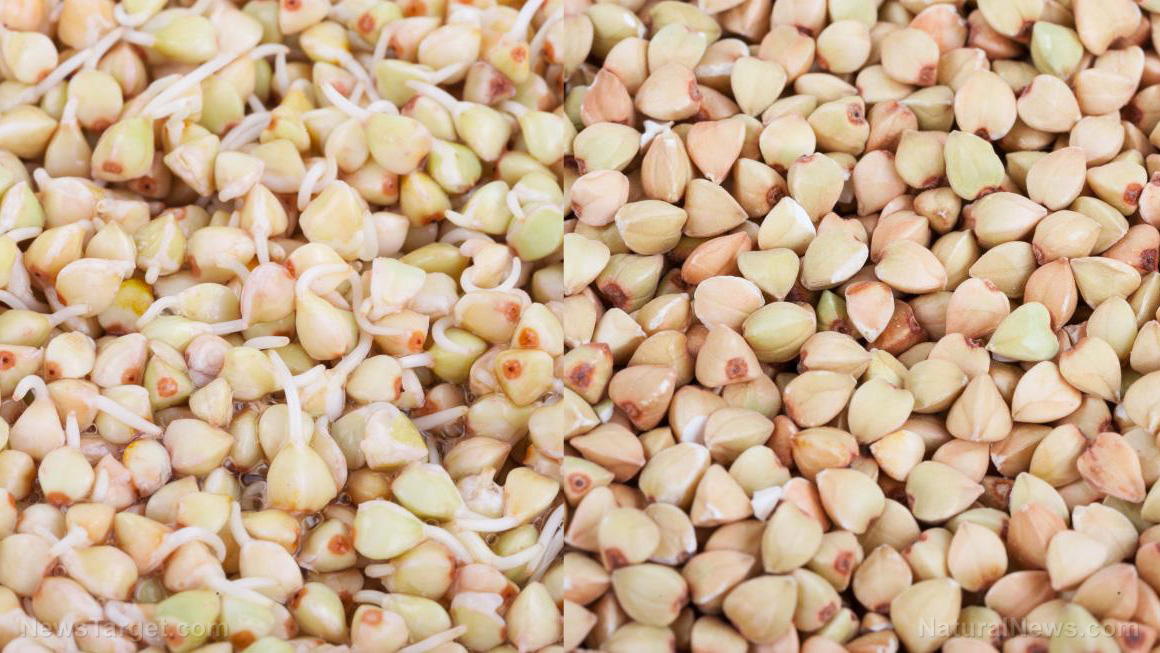Natural alkaloids extracted from daffodils discovered to have anti-cancer effects
03/18/2018 / By Vicki Batts

There are many plants that can be grown in your garden and hold a place in your medicine cabinet. And it looks like daffodils may be the next big thing to have on hand. Indeed, it turns out “flower power” is greater than scientists could have ever imagined: New research shows that daffodil extract can help fight cancer.
Scientists from Belgium say that a special extract made from daffodils, featuring an alkaloid named haemanthamine, can slow the growth of cancer cells. Will their research pave the way for more plant-based medicine?
Scientists use daffodils to fight cancer cells
Hailing from the RNA Molecular Biology Laboratory at the Université Libre De Bruxelles in Belgium, lead researcher Denis Lafontaine and his team examined the potential daffodils have for fighting cancer.
What they found was that the daffodil-derived haemanthamine extract was capable of binding to ribosomes — which could spell big trouble for cancer cells looking to spread.
Ribosomes are an essential part of the cell, boasting the primary role of performing protein synthesis. As sources explain, cancer cells are especially dependent on protein synthesis for their uninhibited growth and proliferation — which means they are particularly vulnerable to treatments which effect the function and production of ribosomes.
Lafontaine’s research indicates that haemanthamine extract can inhibit the ribosomes’ protein production, and consequently, slow down cancer cell growth.
But, the anti-cancer effect of haemanthamine doesn’t end there. Their investigation showed that the daffodil extract also inhibited production of ribosomes within the nucleolus (where ribosomes are made). As sources explain, “this nucleolar stress triggers the activation of an anti-tumoral surveillance pathway leading to the stabilization of the protein p53 and to the elimination of cancer cells.”
Ultimately, their research has given new credence to the old folk remedy of daffodils.
Many flower compounds are medicinal
Past research has pointed to other potential medicinal benefits of daffodils and other flowers. For example, earlier this year, scientific data showed that the chrysanthemum flower was also capable of anti-cancer activity. As Natural News writer Jhoanna Robinson reported, chrysanthemum extract is capable of inhibiting the growth of prostate cancer cells, and boasts dose-dependent and time-dependent cytotoxicity.
But the power of flowers doesn’t stop with cancer — it turns out flower compounds can help protect your brain against the trials and tribulations of age, too.
Another big study from earlier this year pointed to iris flowers as a natural medicine to fight against dementia. More specifically, multiple species of iris have been found to protect against Alzheimer’s disease. Researchers used rats to test the efficacy of bearded iris at protecting the brain — and what they found was quite impressive.
As sources report:
The results pointed that rats who were given the iris extract were able to perform better on the cognitive tests, particularly in learning and memory, than those who did not receive any. Additionally, the bearded iris was discovered to have “potent antioxidant and anti-inflammatory properties,” which help slow down the progression of Alzheimer’s.
Is plant medicine finally starting to gain the recognition it deserves from the scientific community? Maybe. But you can stay up-to-date with the latest developments in plant-based cures, homeopathic remedies and more at NaturalMedicine.news.
Sources for this article include:
Tagged Under:




















